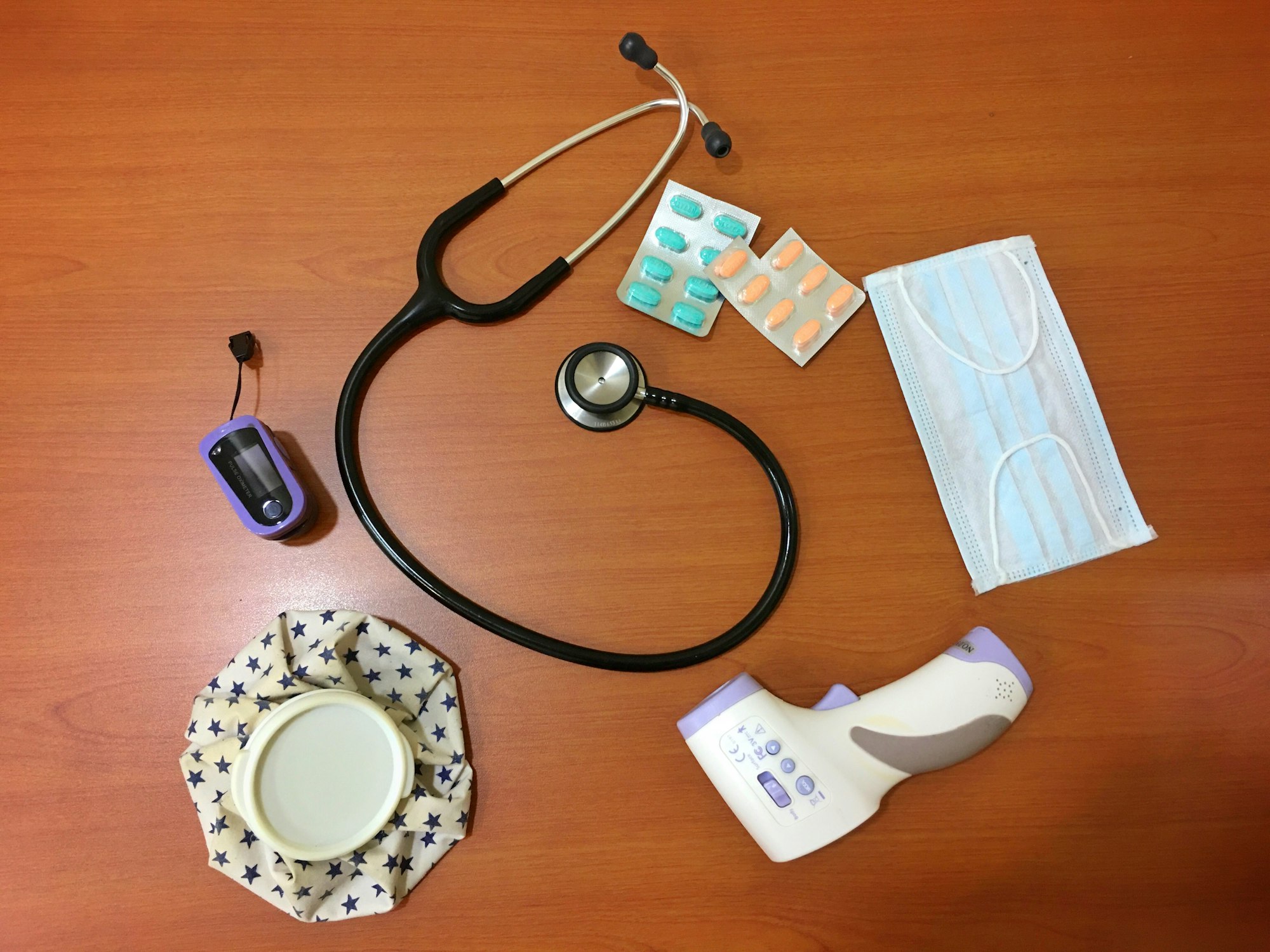Never in the history of mankind has a vaccine for a pandemic been developed and put into action within the span of a year. The accessibility to data and healthcare professionals around the world has helped doctors and healthcare workers share news, updates, and learning worldwide. The combined efforts, and knowledge sharing of healthcare workers from different countries is what helped in accelerate the process of developing the vaccine in such a short period. However, the pandemic still isn’t over.
While the healthcare industry around the world dealt with the medical mystery aspect of the pandemic in 2020, the focus will shift to the logistical nightmare that rolling out and supplying the vaccine on a worldwide scale will be. An open healthcare approach, that focuses primarily on APIs can help healthcare workers around the world, to streamline the distribution and monitoring of the vaccine.
What exactly is open healthcare? why is it important?
Open healthcare refers to making healthcare data easily accessible and interoperable by using APIs and cloud computing.
The pandemic shed light on why and how open healthcare can be beneficial. New advancements are being made in the healthcare industry across the world. Having an open healthcare system allows for faster data unlocking and sharing, making data more readily available and accessible. This accelerates opportunities for quicker learning, implementation, and roll outs.
Open healthcare systems will have a huge impact on logistics and patient care as well. Smoothing data interoperability will allow healthcare workers to treat patients quicker, it will also allow for quicker and systematic access to healthcare records.
How and why will an API first approach help in The roll out of the Covid 19 vaccine?
APIs allow third party applications to seamlessly connect with electronic healthcare record systems (EHR systems), making it easier to leverage third party apps to share data, and provide more specialised services to healthcare professionals and patients.
The COVID 19 vaccine will require an immense amount of government and healthcare coordination to successfully streamline the logistical challenges of providing a cure to the entire world. Since the vaccine is completely new, making any and every new update/learning’s from the testings of the vaccine will be crucial in gaining public trust. The urgency to roll out the vaccines and to make it accessible to healthcare institutions across the world, merits the need for a technological solution which can be easily developed and implemented. Something that even the lowest ranking medical professionals can comprehend without any intensive training. Here's how using an API first approach would greatly benefit in streamlining the logistical challenges:
- Connecting with EHR systems enables healthcare workers to leverage existing third party applications for services. Making it a low code solution.
- Using existing applications saves the cost of building a solution from scratch, APIs provide a low cost solution.
- Data can be managed and unlocked quickly, helping in enhancing patient care.
- Mobile friendly solutions can be provided using APIs making it an easy to use solution.
Overall an API centric approach has benefits in terms of quick implementation, accessibility, data interoperability and protection which could prove to be of great help in streamlining the operational workload of rolling out Covid 19 vaccines.








